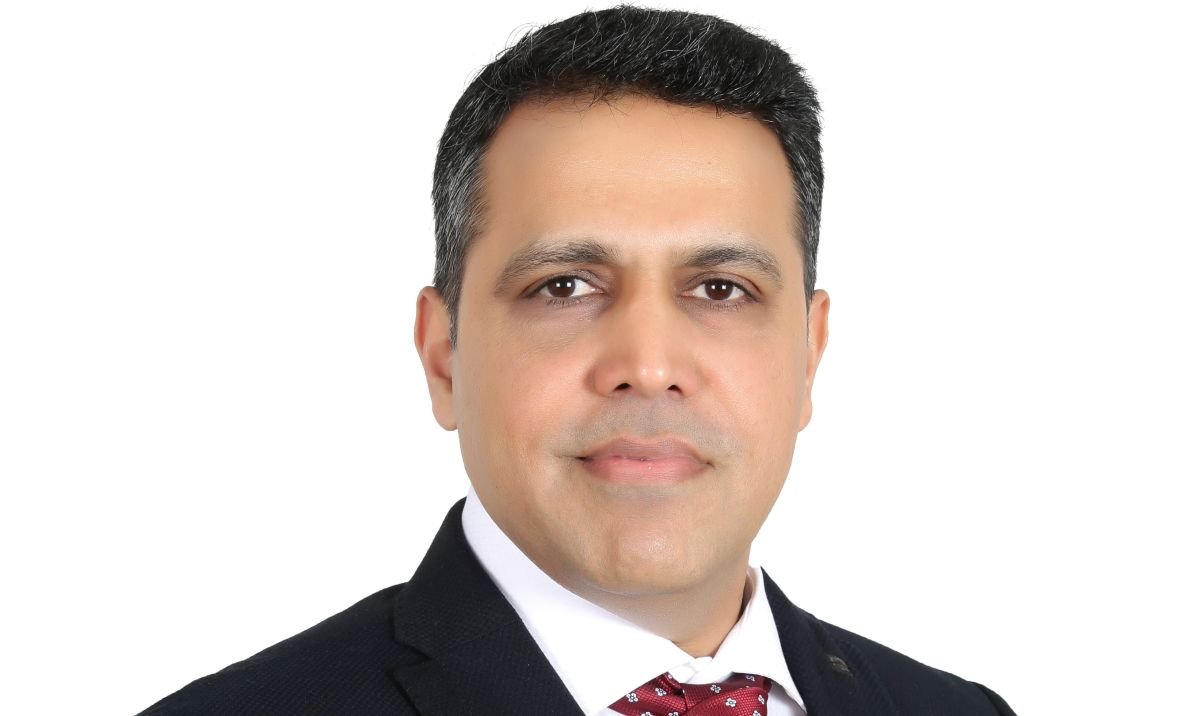

India Tata Communications sees the Middle East as a growth market because margins are high and consumers are willing to pay more. "Since the regional market is regulated, it commands a premium compared to other regions of the world," Vaneet Mehta, associate vice president and regional head for the Middle East, Central Asia, told TechRadar Pro Middle East. and Africa at Tata Communications. "We have been in this region for more than 15 years, but we did not have the license to operate because it was a regulated market," he said. The Indian company recently won a 'Type B' telecom license in Saudi Arabia to offer carrier-agnostic services such as internet connectivity, public/private cloud, cybersecurity, borderless mobility and other similar services. to companies in the Middle East. There are several types of licenses available in the Kingdom. A full telecommunications license would allow obtaining spectrum and numbering, establishing network infrastructure / facilities / towers, and selling mobile services. As these do not correspond to its regional strategy, Mehta said that Tata chose the "Type-B" license to develop its business activities. “With the license, we will be able to buy and sell Internet access services in Saudi Arabia, arranged with any operator with a local license. This helps us to better serve our corporate clients by being neutral and independent carriers for them. They can benefit from a much richer, holistic and integrated solution from us, with a greater variety of services to choose from, at much more competitive prices,” he said. Earlier, as a foreign operator, he had said that Tata provides global solutions jointly or channels local requirements through its local licensed partners in the region, but limiting them to offering end-to-end solutions. such as data center services, local internet access, etc. Tata offers more than 65 types of services in India and other parts of the world. “Now we can offer these services in Saudi Arabia. About three of the telecom operators are already our partners and will continue to work with them from a buying, selling and partnership perspective. “There is a big gap and that is the gap we want to close. In the UAE, we act as resellers, as wholesalers and a limited set of merchant services,” Mehta said. In addition, he said that Saudi Arabia is the largest corporate market in the Middle East. “The upcoming new telecom licensing regime is likely to accommodate new emerging telecom technologies and services and will attract more and more foreign investment to the country. So from a timing standpoint, we think we're in the right place at the right time with the right offers,” Mehta said. Saudi Arabia has three national operators: STC, Mobily and Zain, while Etihad Atheeb Telecom (GO) and Integrated Telecom Company (ITC) are fixed line operators. The Information and Communications Technology Commission (CITC), the Saudi telecoms regulator, which has offered MVNO licenses to Virgin, Etihad Jawraa and Lebara, is launching two additional MVNO tenders this year. to increase competition and stimulate innovation in the mobile communications sector. Saudi Arabia has set an ambitious goal of connecting 3,5 million homes to ultra-fast fiber-to-the-home (FTTH) broadband networks by the end of 2020, according to the ITU. To improve service offerings and increase customer adoption of fiber networks, the Communications and Information Technology Commission (CITC), Saudi Arabia's telecommunications regulatory authority, has promoted an "Open Access Initiative" to allow its six telecommunications companies to offer FTTH services in every home. Tata has been active in the Kingdom since 2014 working with a local partner, for an Internet clearinghouse that would be used to provide services to clients in the Middle East and the Gulf region. In 2009 and 2010, Tata, in partnership, developed the Saudi segments of the TGN-Eurasia cable system and the TGN-Gulf cable system, respectively. The TGN-Gulf cable system linked Oman with the United Arab Emirates, the United Arab Emirates with Qatar, Qatar with Bahrain, and Bahrain with Saudi Arabia. The TGN-Eurasia cable system stretched from Mumbai to Marseille, France, through Egypt, with a pint deposited in Jeddah, Saudi Arabia. The company owns and operates the world's only wholly owned subsea network that surrounds the world, and approximately 30% of the world's Internet routes pass through the Tata Communications network. "We have invested millions of dollars in this region with our undersea cables and have seen it grow and now with the big OTT players active in this region, we are seeing the Middle East multiply in the coming years." while large companies are. drawn to this part of the world, especially Saudi Arabia and the United Arab Emirates," Mehta said. In addition to Arabia and the United Arab Emirates, the company's other growth markets are Oman and Qatar. The company's regional headquarters in the United Arab Emirates spans more than 75 countries. It has teams in Saudi Arabia, Oman, Kenya and West Africa. However, he said that Tata will not apply for MVNO licenses and that his right to play is around MVNE (Mobile Virtual Network Enabler) and that is where his strength lies. “We help MVNOs deliver a wide range of differentiated mobile services through our scalable mobile virtual activation platform.